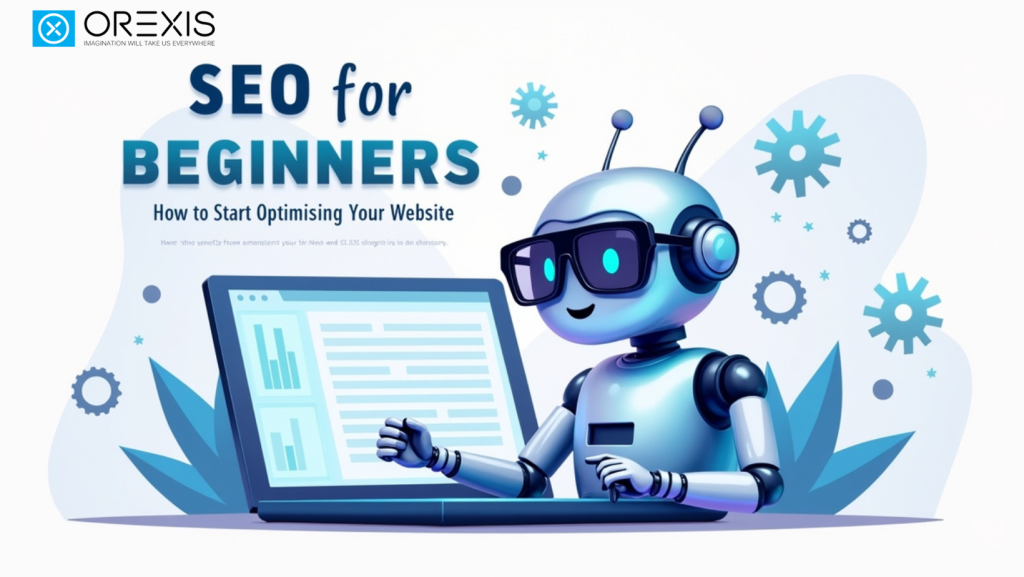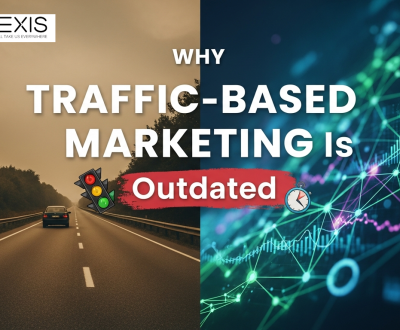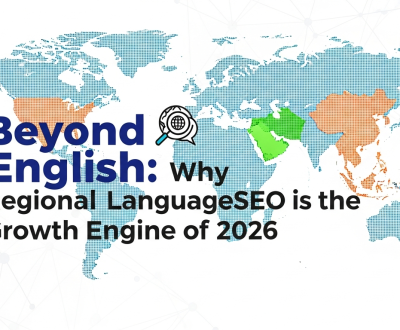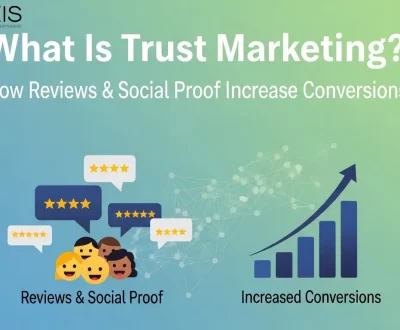
If you’ve just launched a website or are thinking about starting one, you’ve probably come across the term SEO—Search Engine Optimization. But what exactly is it, and how can you start using it to your advantage as a beginner?
SEO is the practice of improving your website so that it ranks higher in search engine results (like Google). Higher rankings mean more visibility, which usually leads to more traffic, leads, and ultimately, customers.
The good news? You don’t need to be a tech expert to begin optimizing your site for SEO. Let’s walk you through the basic steps.
1. Understand What Your Audience is Searching For
Before you can optimize anything, you need to understand who your audience is and what they are searching for online. Ask yourself:
- What questions do my customers typically ask?
- What words or phrases might they type into Google to find a service like mine?
- What problems does my product or service solve?
Use free tools like:
- Google Keyword Planner
- Ubersuggest
Answer the Public
These can help you discover popular keywords and topics related to your niche.
2. Focus on Keyword Optimization
Once you know your keywords, it's time to use them strategically. Here's how:
- Title Tags: The title of each page should include your main keyword.
- Meta Descriptions: These short summaries appear in search results and should be clear, engaging, and keyword-rich.
- Headings (H1, H2, etc.): Structure your content with headings that include relevant keywords.
Body Content: Naturally include keywords in your blog posts, service pages, and homepage — but avoid "keyword stuffing."
3. Optimize Your Website Structure
A well-structured website is easier for both users and search engines to navigate.
- Create a clear menu and navigation path.
- Make sure your website is mobile-friendly.
- Use internal links to connect related content and keep users on your site longer.
Keep your URLs clean and descriptive (e.g., yoursite.com/seo-for-beginners).
4. Create Quality Content Regularly
Search engines love fresh, valuable content. Starting a blog is a great way to:
- Answer questions your audience is asking
- Target long-tail keywords (e.g., “best SEO tips for beginners”)
- Build trust and authority in your niche
Consistency is key. Even posting once or twice a month can make a difference over time.
5. Improve Page Speed and User Experience
Google pays attention to how fast your site loads and how easy it is to use.
- Compress images to reduce loading times
- Avoid too many popups or intrusive ads
Use tools like Google PageSpeed Insights to test performance
6. Get Backlinks (From Reputable Sources)
A backlink is when another website links to yours. Search engines see backlinks as “votes of confidence.” You can earn them by:
- Writing guest blog posts
- Sharing your content on social media
Getting listed in local business directories
7. Monitor Your Progress
You don’t need to fly blind. Use tools like:
- Google Analytics – to track visitors and behavior
- Google Search Console – to see which keywords are bringing traffic
- Yoast SEO (for WordPress) – for easy, on-page SEO guidance
Final Thoughts
SEO might seem overwhelming at first, but starting with these basics will set a strong foundation for future growth. Think of it like a long game—consistent effort brings long-term results.
As a novice, focus on learning, testing, and improving over time. With patience and practice, your website will start climbing the ranks—and the traffic will follow.
About us
Orexis is one of the leading Digital marketing companies in Kozhikode, Kerala, that delivers Complete digital Marketing services like Social media promotions, SEO, PPC, Branding, etc. to their clients. Cost-effective online advertising services and customer satisfaction are our mottoes.
Subscribe to our newsletter!
Recent Posts
- Festival Marketing Campaign Ideas for Onam, Ramadan & Christmas February 13, 2026
- Why Traffic-Based Marketing Is Outdated February 6, 2026
- Monthly Marketing Reports: What Business Owners Should Actually Track January 30, 2026









